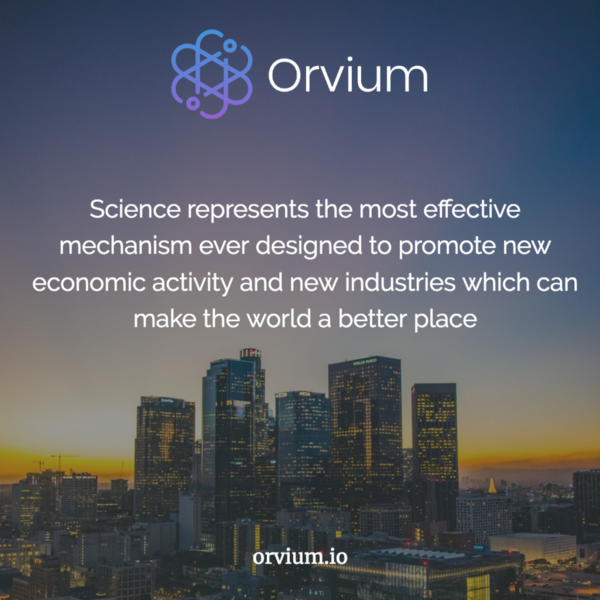The implications for research and education

Libraries from all around the world are unbundling their subscriptions to the full suite of publishers’ journals in an effort to curb costs. This trend, known as ‘trimming the fat’, is extremely damaging to research and innovation. While universities attempt to negotiate the costs of their deals with publishers, students and academics have restricted or limited access to the information they need.The top five private companies account for over half of all published articles. This oligopoly can only mean one thing: higher prices for consumers. While typical book publishers operate on roughly 13% profit margins, the largest academic publishing companies come closer to 40%. The world’s largest academic publisher generated $1.15 billion in profit last year — $77 million more than in 2016! Scientific publishers earn most of their revenue through university libraries, research labs and governments. More than three-quarters of the published journal articles can only be accessed through a paywall, and if these entities fail to purchase subscriptions of bundled titles, prices can even approach $32,000 for large journals.
The problem is small institutions can only afford a small fraction of the access they really require, severely limiting both students and researchers. The whole situation is somewhat tragicomical: given the fact that the customers of academic publishers are actually the authors of their papers, universities often end up in situations where they are unable to access research conducted by their own staff.
How the university ranking system works
A university’s reputation is determined by the academics who work there, the research produced by the university, the facilities offered to both staff and students, along with many other factors. Quality of library facilities play an essential part in maintaining the status and reputation of a university, so having reduced or limited access to the most recent articles is extremely damaging to a university’s ranking and therefore its attractiveness to students.On the other hand, we have academics whose reputation is built on their ability to communicate something new to the world. Nowadays, the focus has shifted from quality to quantity, and universities find themselves managing targets composed of academic journal impact factors, university rankings and scores in the government’s research excellence framework.
The scholarly publishing industry has been taken over by pro.panies which, although posing as partners, no longer share the same vision as academic institutions. One of the arguments that supports this fact is the sec recy around negotiations on subscription and open access to research.
This user is on the @buildawhale blacklist for one or more of the following reasons: